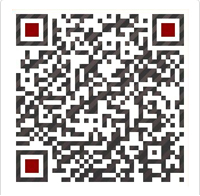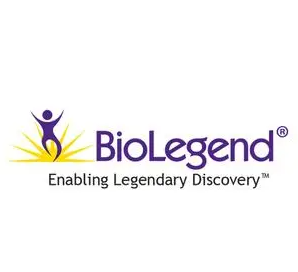Product Details
- Verified Reactivity
- Human, Mouse
- Antibody Type
- Monoclonal
- Host Species
- Mouse
- Immunogen
- Human ZAP 70 peptide phosphorylated at Y493. Complete Freund’s adjuvant.
- Formulation
- Phosphate-buffered solution, pH 7.2, containing 0.09% sodium azide.
- Preparation
- The antibody was purified by affinity chromatography.
- Concentration
- 0.5 mg/ml
- Storage & Handling
- The antibody solution should be stored undiluted between 2°C and 8°C.
- Application
-
ICFC - Quality tested
- Recommended Usage
Each lot of this antibody is quality control tested by intracellular immunofluorescent staining with flow cytometric analysis. For flow cytometric staining, the suggested use of this reagent is ≤ 0.125 ?g per million cells in 100 ?l volume. It is recommended that the reagent be titrated for optimal performance for each application.
- Application Notes
CD3, CD19, and CD56 co-staining indicates that this clone does not bind B-cells and will not bind Syk. Clone A16043B cross-reacts with mouse species.
This clone, A16043B, recognizes both non-phosphorylated ZAP-70 and phosphorylated forms of ZAP-70.- RRID
- AB_2810698 (BioLegend Cat. No. 693502)
Antigen Details
- Structure
- Protein tyrosine kinase, contains two SH2 domains, 70 kD.
- Distribution
-
T cells, NK cells, and B-cell chronic lymphocytic leukemia (B-CLL).
- Function
- Signal transduction, associates with the T-cell antigen receptor zeta chain tyrosine-based activation motif when phosphorylated. Defects in ZAP70 causes selective T cell defect.
- Ligand/Receptor
- Binds to CD3 zeta chain, also associates with a variety of proteins including SLA, Fyn, RasGap, Lck, Vav1, and Shc.
- Cell Type
- Leukemia, NK cells, T cells
- Biology Area
- Cell Biology, Immunology, Signal Transduction
- Molecular Family
- TCRs
- Antigen References
-
1. Qian D, et al. 1997. J. Exp. Med. 185:1253. (ICFC)
2. Crespo M, et al. 2003. N. Engl. J. Med. 348:1764. (WB, IP)
3. Jamroziak K, et al. 2009. Cancer Epidemiol. Biomarkers Prev. 18:945. - Gene ID
- 7535 View all products for this Gene ID 22637 View all products for this Gene ID
- UniProt
- View information about ZAP-70 on UniProt.org








